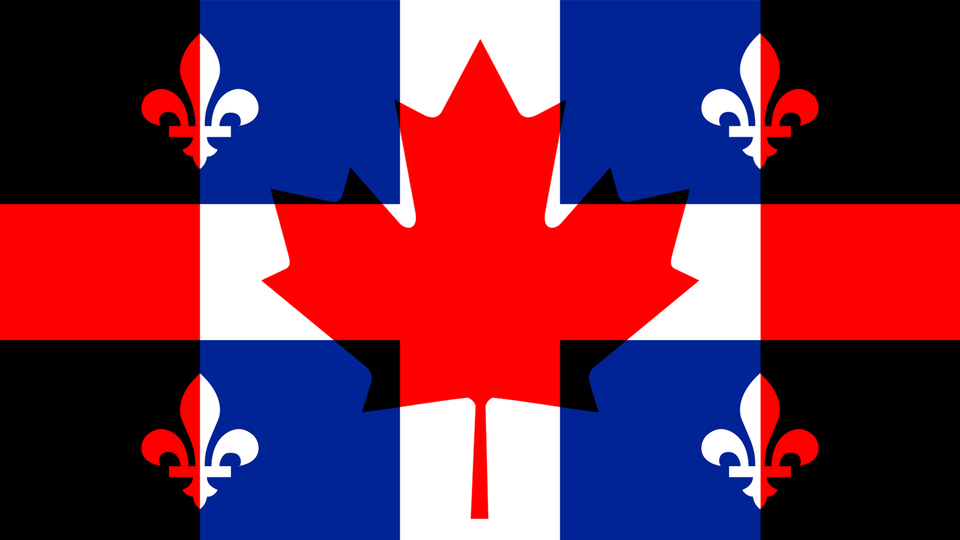
Canada’s latest Express Entry scores still sitting at a 472 high
The latest Express Entry draw on November 13 had 3,600 invitations to apply (ITAs) sent to candidates looking to apply for Canadian permanent residence. This draw called for a Comprehensive Ranking System (CRS) score of 472 or higher. This latest invitation round brings Canada’s Express Entry to a total of 75,300 ITAs distributed so far in 2019.
Canada’s Express Entry system examines the profiles of economic immigrants from three Federal High Skilled workers categories. The Canadian Experience Class, the Federal Skilled Trades Class, and the Federal Skilled Workers Class.
The Government of Canada holds several draws for Express Entry candidates several times a month, usually at a bi-weekly rate. Notably, the minimum required CRS scores for Express Entry tend to be lower when there is a shorter gap between draw dates.
The candidates are chosen based on their CRS scores, which rank age, work history, education background and language skills. Although candidates do not require Canadian job offers to be eligible, it does carry extra 50 points on their total scores. Express Entry candidates with lower CRS scores can look to provincial nominations, which award 600 additional points to candidates’ scores.
The Express Entry draws are reaching close to the record-breaking totals of last year, which totalled at 89,800 invitations by the end of the year in 2018. With just about six weeks left of 2019, Immigration, Refugees and Citizenship Canada (IRCC) only have to distribute a little more than 14,500 more invitations to reach a new record.










